Understanding Plug Socket Coupling in Piping Systems
Plug socket coupling is a fundamental component in the assembly of piping systems, designed to ensure a secure and reliable connection between pipe segments. This introduction delves into the various aspects of plug socket couplings, shedding light on their types, applications, and features, without making any promotional claims or guarantees.
Types and Materials of Plug Socket Couplings
The diversity of plug socket couplings is evident in the range of materials used for their manufacture. Each material is selected based on its compatibility with the type of fluid the system will transport. For instance, PVC couplings are prevalent due to their smooth interior walls that minimize flow resistance. They are also favored for their lightweight nature and cost-efficiency. Conversely, copper couplings are chosen for their corrosion resistance, making them suitable for underground applications. The selection of materials is critical to the functionality and longevity of the piping system.
Features and Advantages of Different Couplings
Each material used in plug socket couplings brings distinct features and advantages. PVC fittings, for example, offer ease of installation due to their light weight. Copper fittings, with their corrosion-resistant properties, provide durability, especially in environments where they may be exposed to soil and other corrosive elements. Understanding these features helps in selecting the right coupling for specific applications.
Applications of Plug Socket Couplings
The application of plug socket couplings extends across various domains, from residential plumbing to commercial manufacturing. In residential settings, they are integral in maintaining the integrity of water supply and waste removal systems. In commercial environments, the couplings must withstand the demands of the fluids being conveyed, which may include extreme temperatures or corrosive substances. The versatility of these couplings is a testament to their importance in diverse piping systems.
Additional Components in Pipe Fittings
Beyond plug socket couplings, other components play pivotal roles in the functionality of pipe systems. P-traps, for instance, are essential in preventing odors by trapping water within the curve to block sewer gases. Pipe caps are also crucial, serving to halt fluid flow and protect the threads at the end of pipes. These components, along with couplings, form a comprehensive system that ensures the safe and efficient transport of fluids.
Choosing the Right Plug Socket Coupling
Selecting the appropriate plug socket coupling is a decision that hinges on understanding the specific requirements of the piping system. Factors such as the type of fluid, pressure, temperature, and environmental conditions all influence the choice of coupling. It is essential to consider these variables to ensure the integrity and performance of the pipe system.

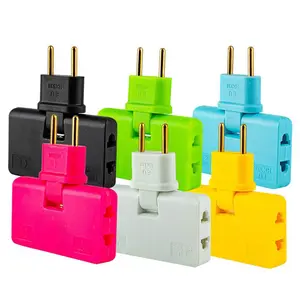

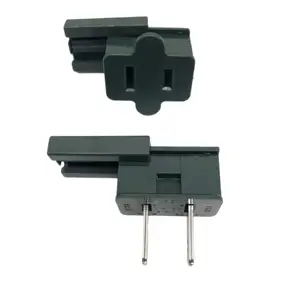

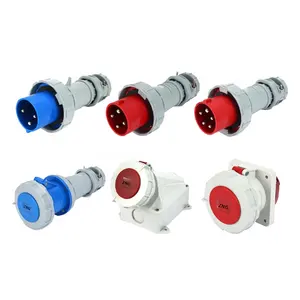

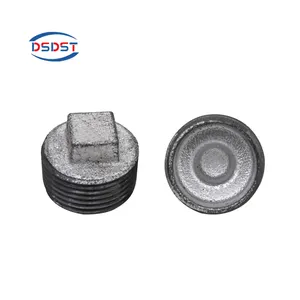

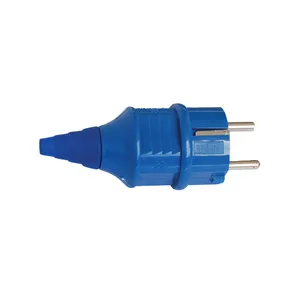
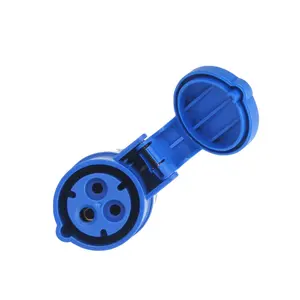

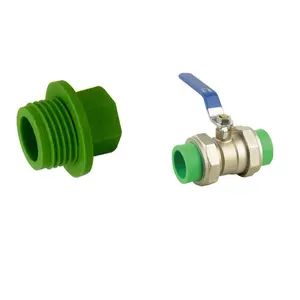
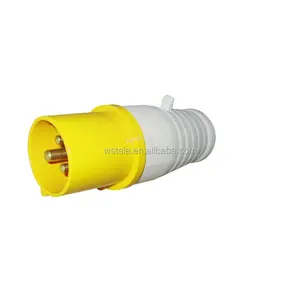
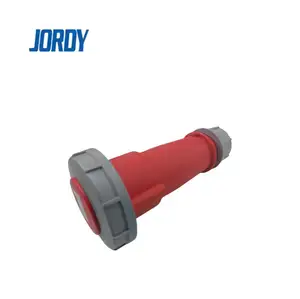



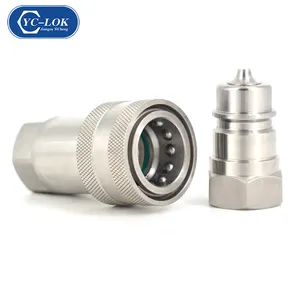
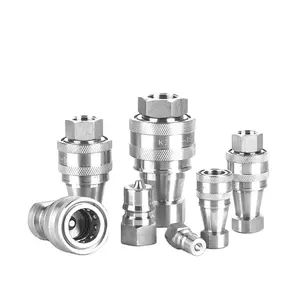


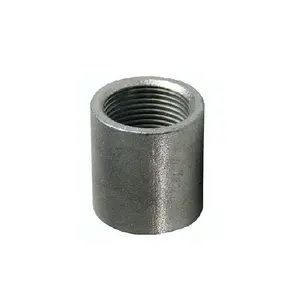

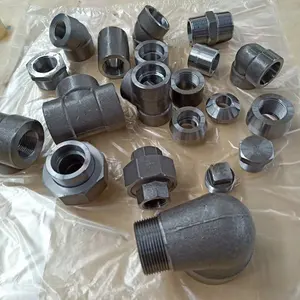
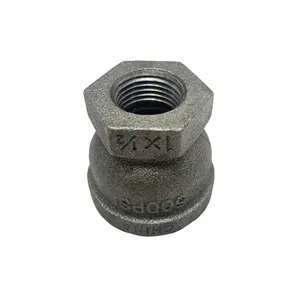


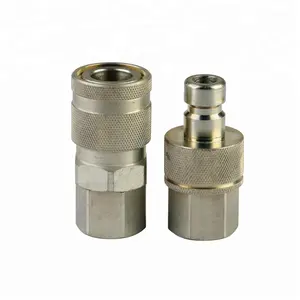
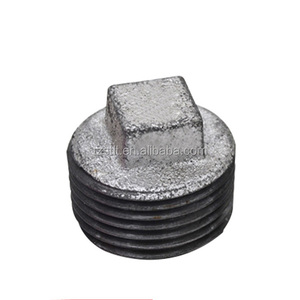

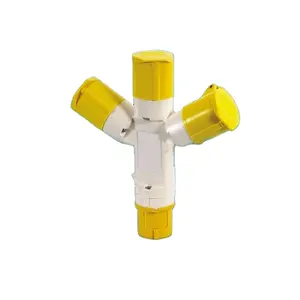

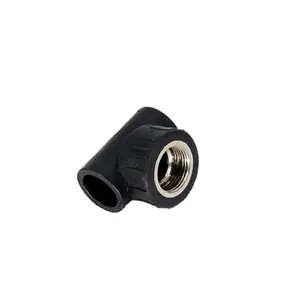
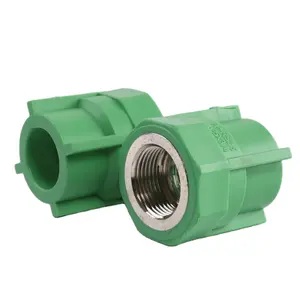
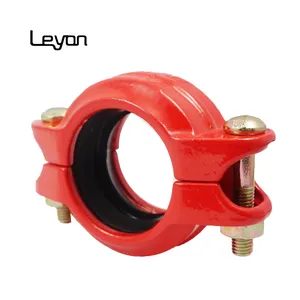


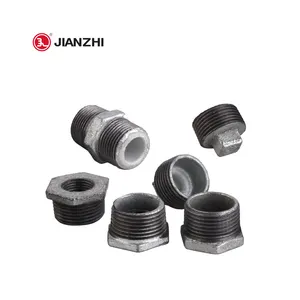
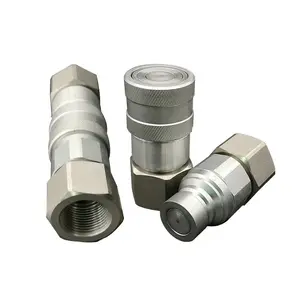
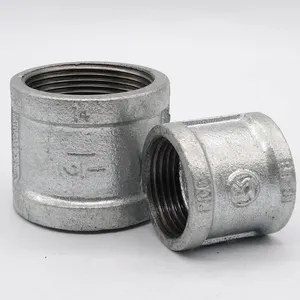

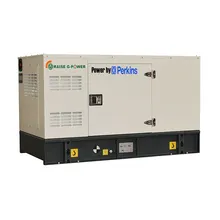
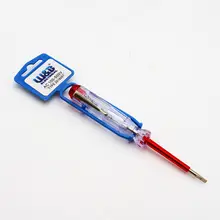

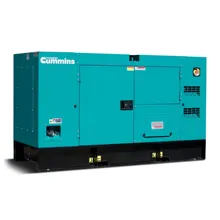
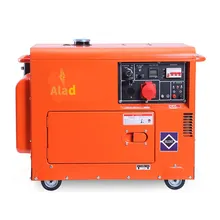



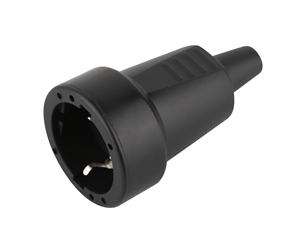




















 浙公网安备 33010002000092号
浙公网安备 33010002000092号 浙B2-20120091-4
浙B2-20120091-4